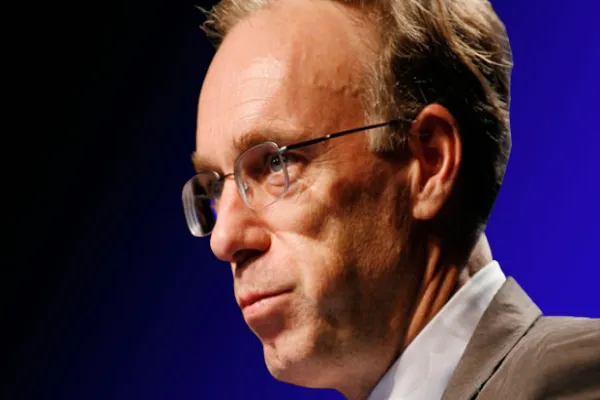Fidelity Investments has raised $250 million for its first-ever venture capital fund. But it’s far from an emerging manager, the person in charge of the portfolio says.
For more than 15 years, Fidelity, which has $5.5 trillion in discretionary assets, has been investing in growth-stage companies through some of its mutual funds. Today, about half of the mutual funds own shares of at least one private company. The reason is that more companies are staying private longer. Fidelity and other investors have fewer public ones to choose from, with less upside to capture, so they want to become shareholders before an IPO.
Fidelity invested in Facebook in 2011 at a $61 billion valuation, Spotify in 2012 at a $4 billion valuation, and other companies that have grown significantly since it became a stakeholder, Karin Fronczke, the portfolio manager of the Fidelity Venture Capital Fund I and the global head of private equity at Fidelity, told Institutional Investor.
“We've been doing this for a long time, we're quite good at it, and we feel we should be allowing our customers pure-play access to these companies instead of just access in small portions within our public mutual funds. That's kind of how we arrived at working on the fund and eventually launching the fund this year,” Fronczke said.
Still, Fidelity only manages about $18 billion in private companies.
“It's a drop in the bucket as a percentage of our AUM, but it's crucial to our investment process. We have to understand what private companies are up and coming to disrupt the world. How is ByteDance disrupting Facebook? How are all of these AI companies disrupting enterprise software? It is a key piece of our strategy,” Fronczke said.
It has been a brutal couple years for most venture capital firms, more pain is likely coming, and some investors are hiring “GPs-on-demand” to help them entirely reevaluate their startup portfolios. CRV, one the oldest firms in the industry, plans to return $275 million that it has not yet invested from its $500 million Select fund, citing market conditions and company valuations that are too high relative to their potential for a payoff.
But some venture capitalists believe the struggles could make 2024 and 2025 a good time to invest. The Fidelity Venture Capital Fund I raised $250 million from wealthy individuals, family offices, and wealth management firms in just four months and then closed in September.
The fund plans to invest in mid- to late-stage private companies across the globe and different sectors, but especially in North American technology, media, and telecommunications. It has already invested about $31 million in 10 companies, including SpaceX, cloud-based infrastructure firm CoreWeave, and a defense technology company, Anduril.
The first venture fund was in the works for a couple years while Fidelity figured out how the firm could co-invest in companies alongside its mutual funds. Meanwhile, demand for private-market investments from wealthy individuals and families continued to grow.
It's not surprising the fund has few institutional investors. Institutions want managers with a track record and fund performance to analyze. Convincing them might have just been a slower road to the $250 million raised, and Fidelity was eager to put money to work.
Still, emerging VC firms — ones raising their first or second fund — with experienced general partners can often get capital from a mix of institutional and individual investors. Fidelity’s first fund might have been able to do the same given the asset manager’s brand and reputation, Fronczke said.
“I always say we're not an emerging manager. We've been doing this for 15 plus years, it's just a first-time vehicle,” Fronczke said.







